During the month of December, changes in routine often abound as the days get shorter and activities move inside, school takes a break, coats and other outerwear become necessary and holidays for some mean different foods, people and activities from usual. Below are some tips to help your child with autism navigate the changes at this time of year.
1. Live out loud
No one is keeping their cool 100% of the time in this season or any other. As you run into your own changes in mood or unexpected/undesired events, consider sharing your thinking and problem-solving process out loud.
This helps our kids see that they are not alone in their feelings and gives a model for how to respond to those feelings. Some examples might be:
- “I am feeling really overwhelmed. I’m going to take some deep breaths and a break from this activity.”
- “I sometimes get sad around this time of year. That’s okay.”
- “Wow, I am on Plan C for our dinner on the road. I had no idea so many places closed this early! I’m so glad I could be flexible, so we get to have __ for dinner today.”
This can be helpful regardless of how your child primarily communicates: We often move our bodies differently as we become more aware through talking out loud about what we’re doing.
Seeing or feeling a parent take a deep breath or move from one thing that’s not working to a new thing that might work better gives a wonderful visual of problem-solving.
2. Seek out support as you need it
Sometimes illness in our families and social networks means limited access to the people and places that usually offer us help, encouragement and validation.
The following organizations often have varied options for support (including virtual options such as one-on-one calls, webinars and virtual group meetings) that may be opportunities to connect with families with similar experiences.
Support can also include self-care, or activities that help meet your needs in a moment. That might be reading a book, making a list of your own strengths and celebrating them, calling a loved one, choosing sleep over scrolling, seeking out respite care, asking for other help or letting non-essential tasks go for a while.
3. Make a plan for the holidays
Children with autism benefit from routines and knowing what to expect. Even if you don’t have big celebrations, holidays bring a change in routines, such as a break from school and generating a new daily schedule for your child may be helpful. If you are planning social gatherings for the holidays, make a plan and share it with your children. Let them know what they might expect, including where and when they are going and who might be there. No matter what you plan for the holidays, make sure to take some time to slow down and build in time for rest.
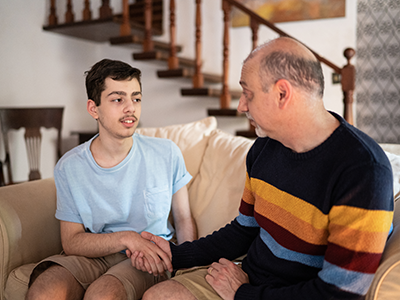 https://riseandshine.childrensnational.org/wp-content/uploads/2022/05/Father-and-son-talking-at-home-feature.png
300
400
Rise and Shine
https://riseandshine.childrensnational.org/wp-content/uploads/2017/11/childrens_riseandshine_logo.jpg
Rise and Shine2026-02-02 01:12:352026-02-02 15:21:38Talking to your child about their autism diagnosis
https://riseandshine.childrensnational.org/wp-content/uploads/2022/05/Father-and-son-talking-at-home-feature.png
300
400
Rise and Shine
https://riseandshine.childrensnational.org/wp-content/uploads/2017/11/childrens_riseandshine_logo.jpg
Rise and Shine2026-02-02 01:12:352026-02-02 15:21:38Talking to your child about their autism diagnosis




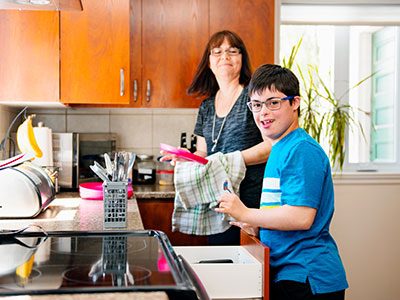
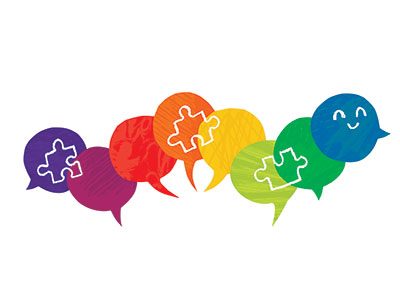
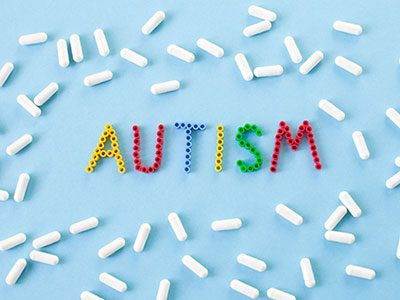







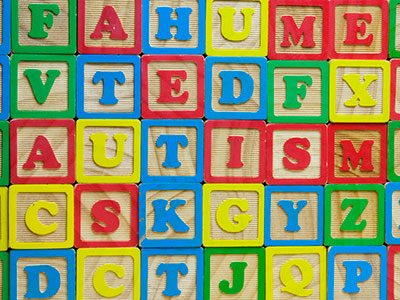







Leave a Comment
Want to join the discussion?Feel free to contribute!